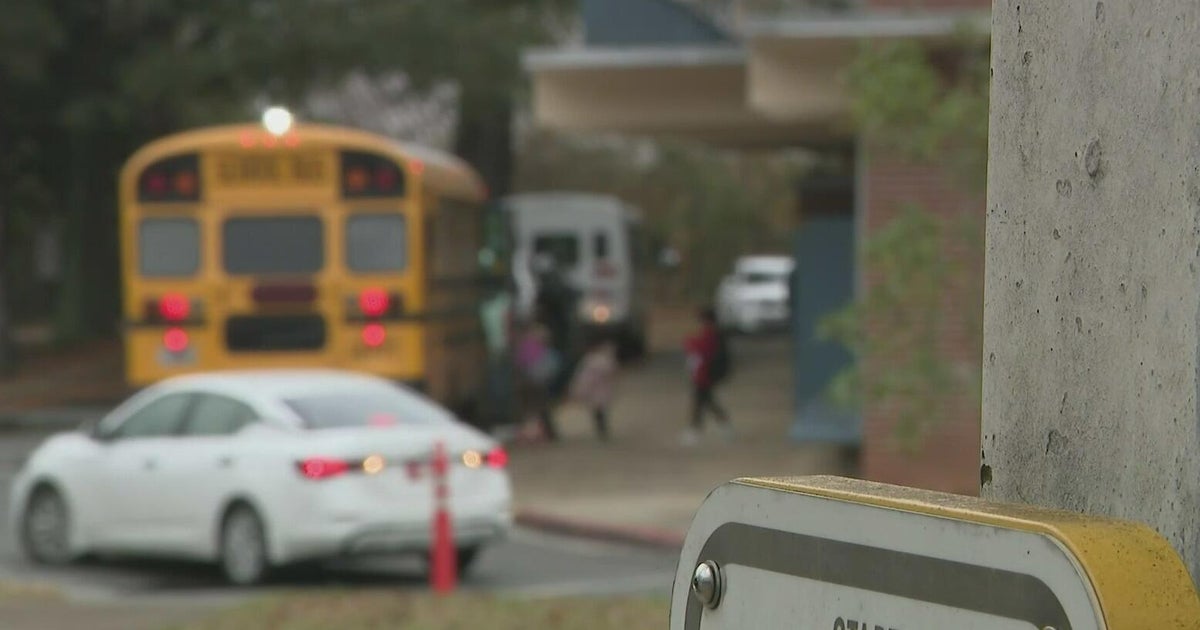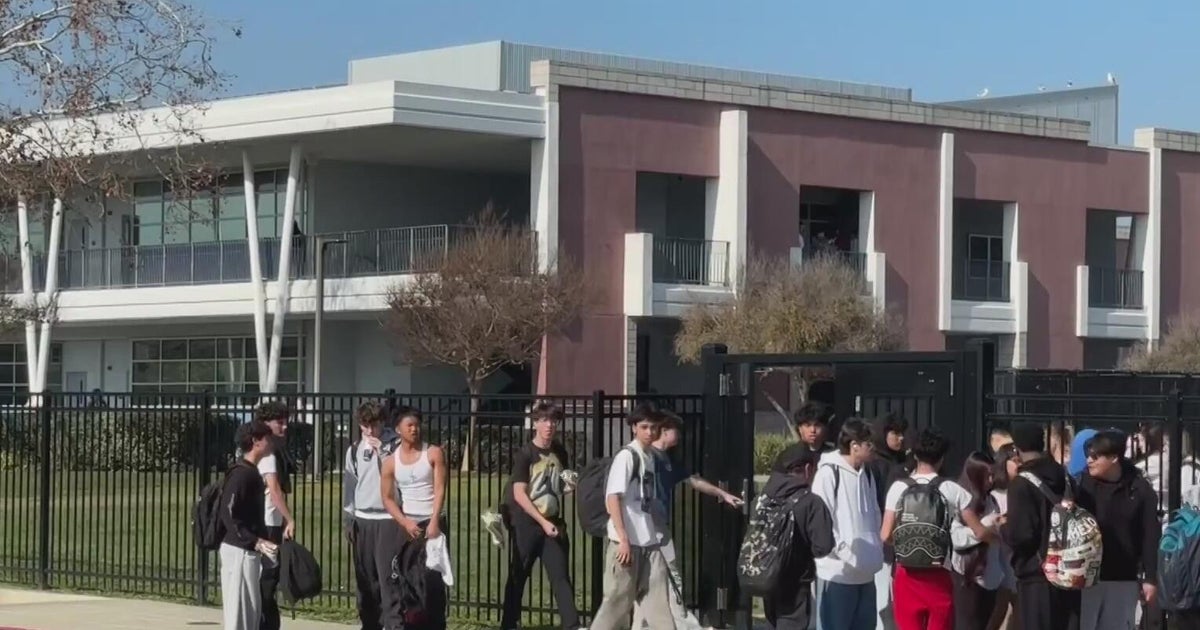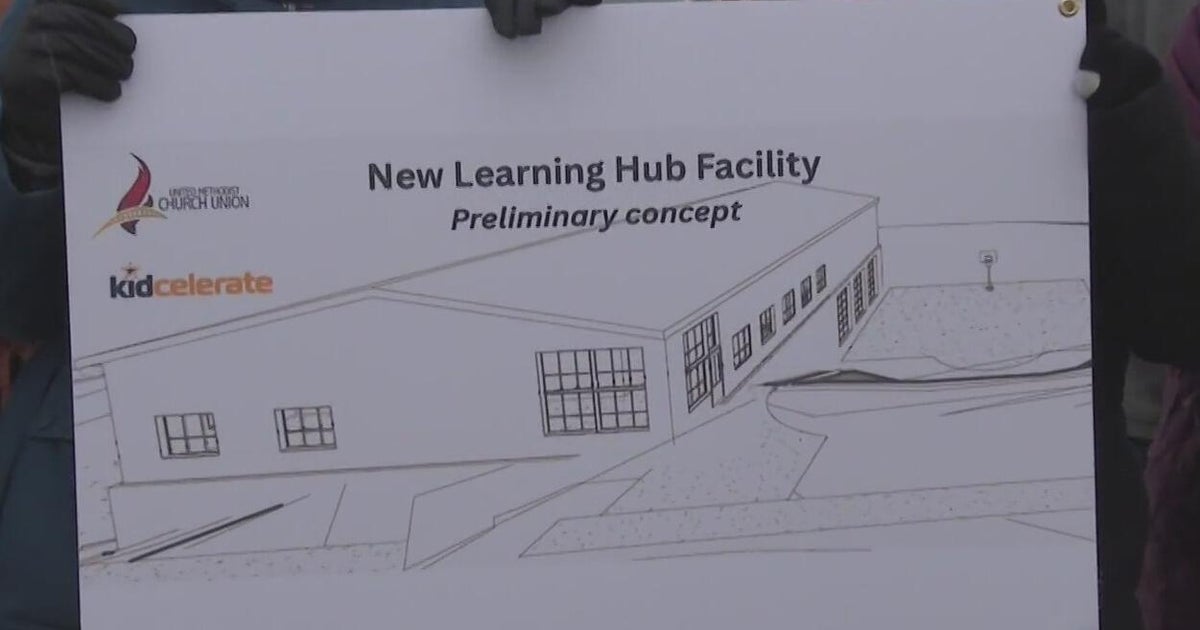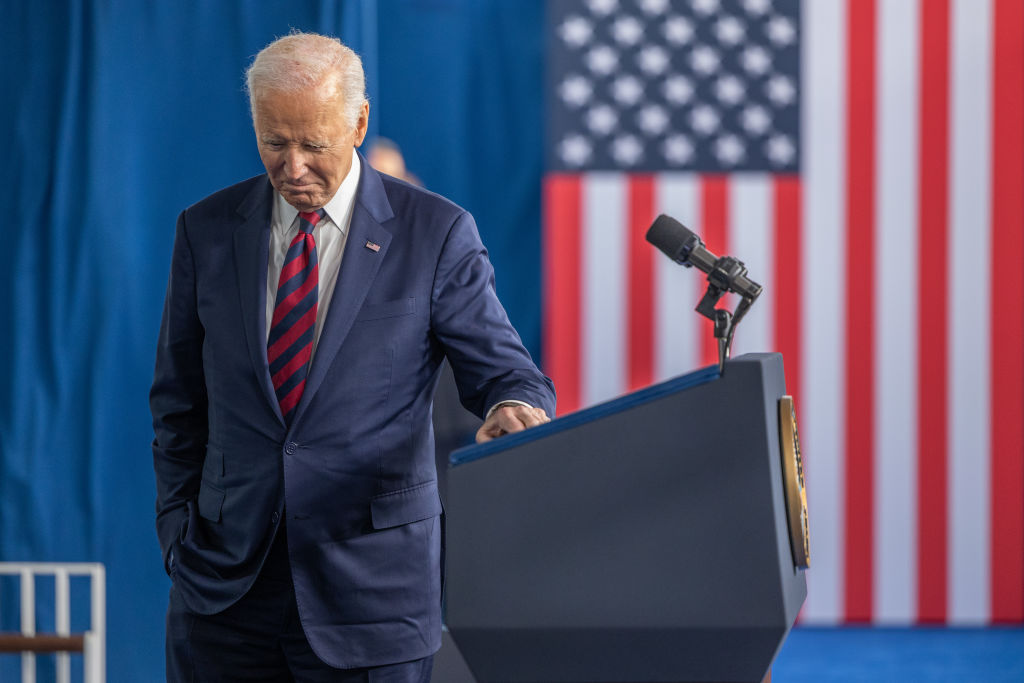Can schools safely reopen? Doctors weigh in
As the Biden administration pushes for more resources toward safely reopening schools, tensions between school districts looking to return to in-person schooling and teachers' unions across the country are coming to a head. Students and parents, frustrated and confused, are left asking "Is it safe for my child to go back to school?"
"A number of studies internationally and from the CDC now look at the fact that schools are not a source of transmission with the right things in place," internal medicine specialist Dr. Neeta Ogden said on CBSN Wednesday. "We're really going to see schools as a quite safe place for children to be."
Mr. Biden unveiled a roadmap to reopen a "majority" of schools last week, part of the proposed "national strategy" for his first 100 days in office. While measures would include federal assistance with personal protective equipment, additional staffing and regular testing, the measure largely addresses grades K-8, not high schools.
Precautions recommended by the Centers for Disease Control and Prevention include mask-wearing and good hygiene practices, as well as social distancing measures when in the classroom. School administrators are urged to consider ventilation within classrooms, including possible "system upgrades or improvements and other steps to increase the delivery of clean air and dilute potential contaminants in the school."
A report written by three CDC scientists and published in the Journal of American Medical Association stated that "school-related cases of COVID-19 have been reported, but there has been little evidence that schools have contributed meaningfully to increased community transmission."
In one fall 2020 study, 90,000 students and staff across 11 North Carolina school districts saw 773 total community transmissions during a nine-week period. In-school transmissions were classified as "very rare," with 32 occurrences.
However, Ogden does not advise schools to return to a pre-pandemic normal, adding there were still high-risk activities like "indoor sports, and also social gatherings around sports— the carpools to and from games, and afterwards" to be examined.
"If we want kids to go to school, we want to prioritize that it's going to be essential to sort of eliminate these high-risk other situations and gatherings," she said.
New York City pediatrician Dr. Dyan Hes said Tuesday on CBSN that prioritizing reopening school is essential to students' mental health.
"Kids are social creatures, just like adults, but we get to go to work if we choose, we get to leave our house if we choose," she said, adding that the hardships of the pandemic are amplified on social media for children already feeling alone.
"There are so many factors affecting these kids, and they go on social media and it looks like a lot of people are having a lot better a life than you are," Hes said. "It is very isolating and making you feel like you have little self-worth."
Nevada's Clark County school district, the fifth largest in the nation, was recently forced to speed up a return to in-person learning after 19 students committed suicide amid a pandemic-forced lockdown.
Teachers' unions whose members do not feel safe returning to the classroom have opposed reopening in some places. In Chicago, the union held a late-night vote Monday to defy a district order and delayed teachers' return to the classroom by two days — and failure to reach an agreement could culminate in a strike.
Reopening with limits on "high-risk" activities may face opposition as well, Ogden said.
"Some families indeed feel schools should be remote and sports should continue to be in-person, and I think that's been a real struggle in terms of states implementing kind of rules for schools to be open," she said.
The journal's report on school reopening policy underscored Ogden's claims. It highlighted a high school wrestling tournament in December 2020, where 30% of 130 students, coaches and referees tested positive for COVID-19 though less than half the group was tested.
Hes, the pediatrician, said "frequent testing" was necessary, but with safety precautions, reopening schools would not contribute significantly to community transmission.
"We are not seeing these massive outbreaks in all of the schools that are open where they are wearing masks," she said.



